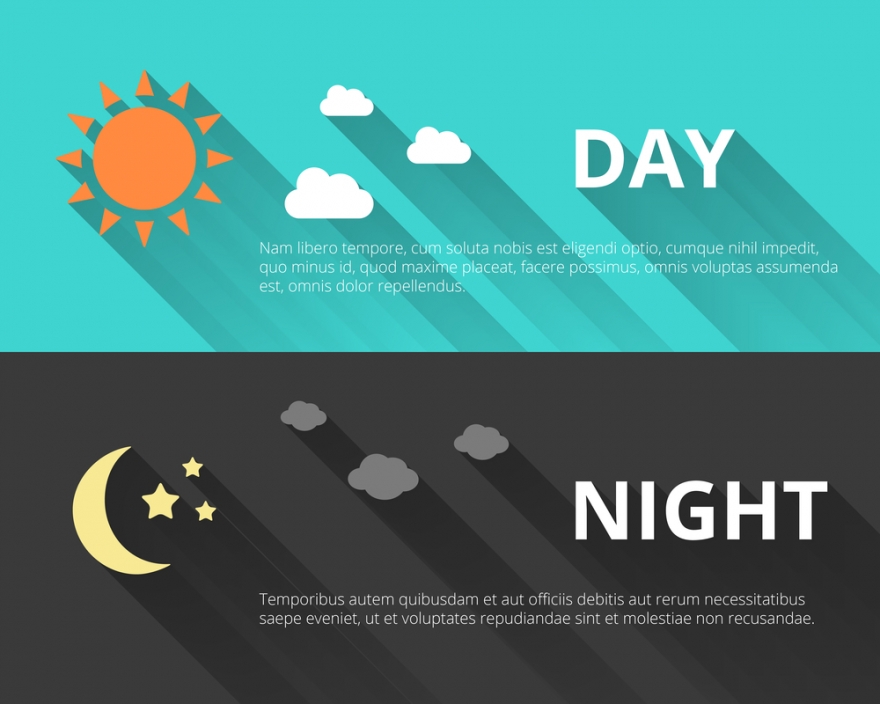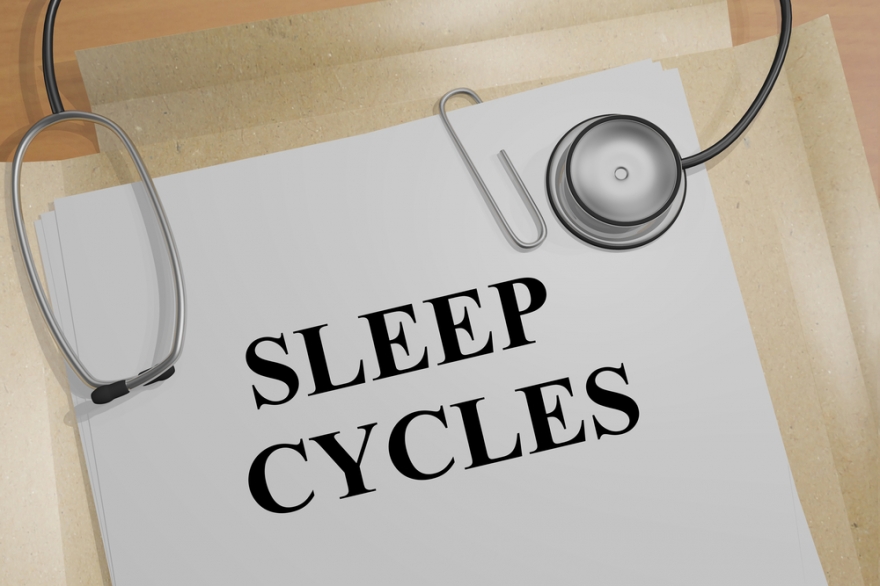|

Understanding the Different Stages of Sleep
Rev. Dr. Kitty Boitnott, NBCT, RScP
Heart-Centered Career Transition & Job Search Coach | Possibility Thinker
We must all sleep. It is a necessity. Sleep allows the brain and body to recover after periods of wakefulness.
Sleep restores your body’s ability to function and it allows for the repair of body tissues. Sleep helps your body create and replenish hormones through your bloodstream. It also helps to consolidate memories and learning. And it regulates your mood.
Sleep makes up such an essential part of our lives that there are people who spend the majority of their careers dedicated to studying and learning about the topic. When you start to learn some of the lesser-known facts about sleep, it can make you appreciate it all the more.
Whether you experience an occasional day of drowsiness or you feel like you spend most of your days feeling sleep-deprived, it is important to understand the different stages of sleep. Understanding the different cycles and stages of sleep can help you improve its quality so that you can enhance your productivity while you are awake.
You may be surprised to learn that no one stage of sleep is more important than another. Studies have shown that each stage plays a distinctive role in your health. In addition, your sleep follows a predictable pattern every night. In other words, actual stages exist where your brain waves change, the ability to be awakened changes easily, and there are specific times when you experience vivid dreaming.
Sleep can be divided into two major categories – REM sleep and non-REM sleep.
REM stands for “Rapid Eye Movement.”
First, we will discuss non-REM sleep, as this is always the starting point for healthy adults. According to the National Sleep Foundation, three phases of non-REM sleep exist, each lasting from 5 to 15 minutes, and making up about 75% of your sleep at night. You must pass through all three phases before you reach the REM phase, about 90 minutes after you first fall asleep. This cycle of non-REM – REM sleep repeats itself throughout the night, with the first full cycle lasting between 70 and 100 minutes. The second and later sleep cycles last between 90 and 120 minutes.

The three phases of non-REM sleep include:
N1 (also known as Stage 1):
Your eyes are closed, and you feel drowsy. Your brain activity starts to slow down. This is the transition period from wakefulness to sleep. During this time, you may experience the sensation of falling, as well as a muscle jerk that wakes you up. This is normal. Muscle tone continues to be high.
In this stage, you are still easily awakened, and you will not feel too drowsy or disoriented if you are awakened for some reason. If you wake up from this stage, you may not even be aware that you had fallen asleep. This stage usually lasts no more than seven minutes.
N2 (also known as Stage 2):
Your brain waves become even slower, but there are occasional bursts of activity. Your body temperature goes down. If you are awakened from this stage, you will know that you have been sleeping.
N3 (also known as Stages 3 and 4):
Recordings of your brain waves at these stages demonstrate slow waves called, “delta waves.” Your body temperature decreases more, your breathing is slower, and your blood pressure decreases. This is what is typically known as the “deep sleep” stage.
It is harder to wake someone up during this stage of sleep, but if you are awakened, you will feel groggy, you may feel disoriented, and it will take some time to feel alert.
This restorative stage of sleep is important for your body. It allows your body to recover from the fatigue it undergoes from the previous hours you were awake. It helps you build up energy for the next day. Your body also rebuilds bone and muscle, repairs tissues, and increases the functioning of your immune system, during this time of sleep. Growth hormone is also released, which is important for muscle development and growth.
Most of Stages 3 and 4 slow-wave sleep occurs in the early hours of the night. In other words, as the night progresses, you spend less and less of your sleep in N3.
REM sleep:
As previously mentioned, REM stands for “rapid eye movement.” Your heart rate and breathing increase during REM sleep. Your breathing sounds shallow and irregular. Your eyes move rapidly, hence the term, "rapid eye movement." Your muscle tone decreases so significantly that it resembles paralysis.
This stage of sleep typically occurs ninety minutes after you first fall asleep, and approximately every ninety minutes thereafter in your sleep that night. The first REM sleep period lasts no more than ten minutes and continues to increase each cycle of the night, resulting in being around an hour long for the final REM episode of the night. As a result, most of your REM sleep occurs in the early morning hours. Although dreaming occurs at all stages of sleep, you have the most vivid dreams during REM sleep when the brain is quite active.
You move through all of these stages sequentially, repeating the stages as you sleep.
You need to make sure you get adequate sleep--both in quantity and quality--if you want to feel your best every day. When either the quantity or the quality of your sleep are negatively impacted, your quality of life suffers. Period.
The brain is a complex organ, and in order for it to be in top form and function, it needs adequate sleep. Please don't neglect this basic fact. Don't take for granted that you will get the sleep you need. You should set up a schedule that allows you to go to bed early enough that you can get the hours of sleep your body and brain need so that you can be in top functioning form every day of your life.
Until next time.
Don't forget that you can get your e-book and an e-course on sleep for only $17. See information below if you are interested.

+

E-book and E-course on how to improve your sleep and increase your energy - Only $17

|